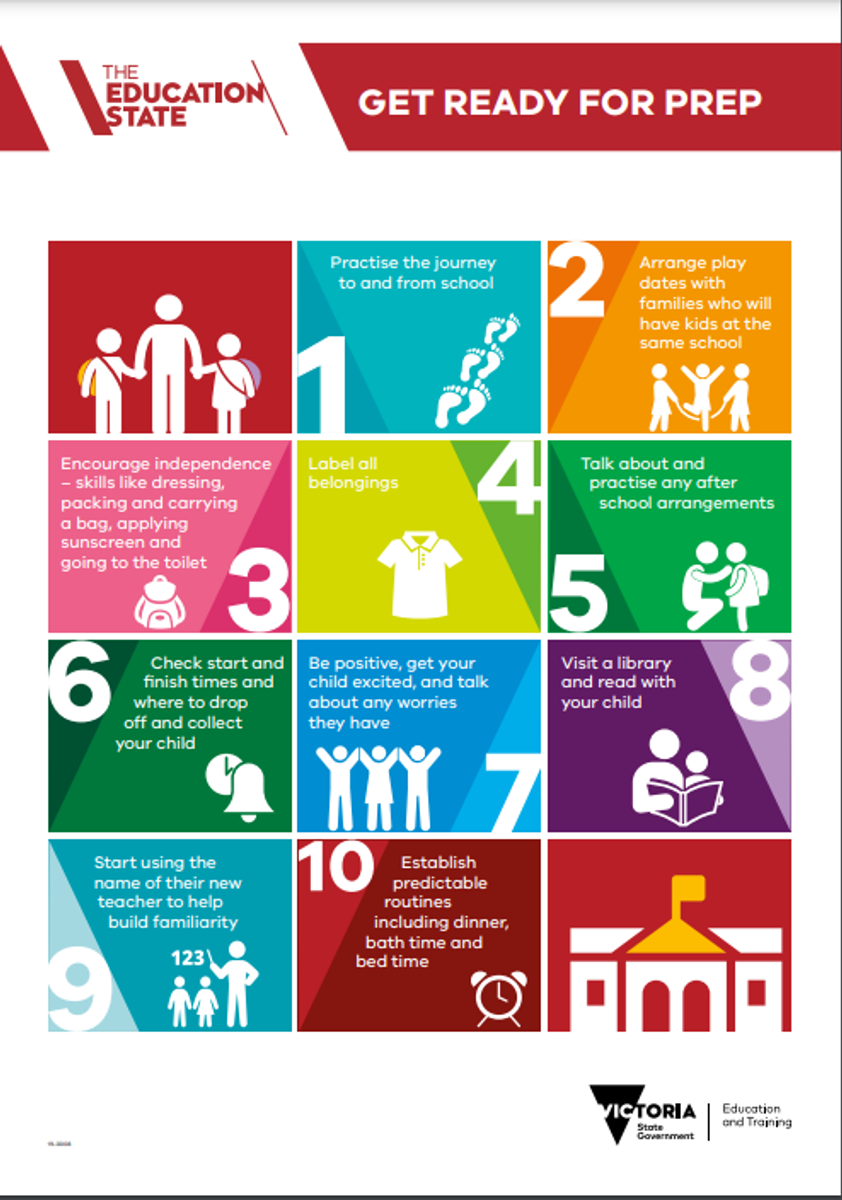Wellbeing

Whether it’s a new teacher or class – here’s what to do when your child is not loving it
Published: February 8, 2023 6.04am AEDT
Author
The first signs were the half-eaten lunches coming home from high school. This was in stark contrast to the primary school years, where the box looked as if a demolition team had run through it with only a few crumbs left.
The problem was finally disclosed over a quiet chat before bedtime when we did our routine of “best, worst, funniest” thing that day. My child confided they really didn’t like their new maths class and because they were so anxious about it, they’d stopped eating lunch.
Irrespective of whether it’s daycare, preschool, primary or high school, the news your child doesn’t like their new school, teacher, class – or all of the above – is always tough. Research also shows a child’s sense of belonging at school affects their motivation, engagement and wellbeing. So it is important not to dismiss your child’s concerns.
How should parents approach this situation?
Try debriefing and reviewing
Many businesses and organisations use after action reviews to debrief after an event and learn from them.
A modified version of this tool can help you take an objective approach to the news your child is very unhappy with an element of their school life. You can adjust the level of your language and discussion based on the age of your child.
1. What is happening?
Asking your child to describe what is going on prompts them to think through what is actually happening and gives you some useful context. If, for instance the class is happening late on a Friday afternoon, that may go some way to explaining why people are not their best selves at this time.
2. What went well?
This can tell you what your child can continue doing or what they are enjoying at school. Perhaps it was mat time at primary school, or they liked the person they sat next to in history class.
3. What went wrong?
This helps identify the area for improvement or what specifically needs fixing.
Perhaps your child is still getting used to changing classrooms and classes at high school. Or the can’t keep up with what the teacher is saying. Maybe there was a miscommunication.
What not to do
Unless there is a safety or serious wellbeing issue, it is highly unlikely changing your teacher and/or opting out of certain lessons will be your answer.
While avoiding might seem like a straightforward answer, like many things with anxiety, this reinforces a reward pathway in the brain that simply makes the anxiety worse and often harder to resolve down the track.
Generally it’s useful to take a watch-and-see approach. This is particularly the case at the start of the school year where so many things and people are new.
Read more: You can't fix school refusal with 'tough love' but these steps might help
Also think about these things
Think about making time to talk to your child’s teacher (not to say your child doesn’t like them, but to note they are struggling to get into the school year). A nicely-worded email is another way to approach this.
It is helpful for teachers to know if one of their students isn’t happy or at ease in their class. If the teacher doesn’t know about an issue, they can’t work to fix it.
Also consider encouraging social events after school or on weekends with other kids and parents (depending on your child’s age). Building social networks outside school can ease anxiety in school.
Read more: Back-to-school blues are normal, so how can you tell if it's something more serious?
In rare instances, there may be a serious issue that needs significant intervention. If that’s the case, your school has senior teachers – such as year-level coordinators or the principal – you can contact. It will also have other support processes, such as access to school counsellors.
In the case of my child, it turned out some well-timed group activities over the next few lessons helped them make a new friend. The lunchbox starting coming home empty again.
In most cases, simply listening to and not dismissing your child’s concern will go a long way to help them through this time. As American education writer, Parker J Palmer notes:
The human soul doesn’t want to be advised or fixed or saved. It simply wants to be witnessed — to be seen, heard and companioned exactly as it is.
Headlice fact sheet
What is headlice and what are the signs?
See the attachment below.
Screen Time
Key points:
- The use of screens during COVID-19's onset led to more screen addiction, researchers say
- Psychologists believe some children use screens excessively as a coping tool
- Experts say children can overcome their addiction with proper support and understanding
Tips for managing screen time
Here's some questions to consider:
- Do you want guidelines about screen time hours? What about weekends, holidays and tech-free days?
- When can your child use digital technology? For example, not until after homework, or not during mealtimes. Do children need to ask you first?
- Where can your child use digital technology? For example, in family rooms but not bedrooms.
- How can your child use digital technology? For example, to play a puzzle app or make animations but not to watch YouTube videos.
Source: raisingchildren.net.au
Cutting down screen time
Planning an activity for a child can make it easier to reduce screen time.
Here are some tips:
- Set your child’s expectations about a screen time session before the session starts. You could say, "You can watch one program", or "You can watch until it's bath time".
- Choose your timing. If you can, get your child to stop using digital technology at a natural break. For example, try to plan bath time for when your child has finished a level in a game or when a TV show ends.
- Give your child a warning when it's almost time to stop. For example, "Sam, it's time to switch the TV off at the end of the program", or "Sam, you have 10 more minutes on the tablet".
- Give your child time to save what they’re doing. You could offer to help. For example, you might say, "Ali, it's time to stop using the computer now. Do you want me to help you save what you're doing?"
Source: raisingchildren.net.au



